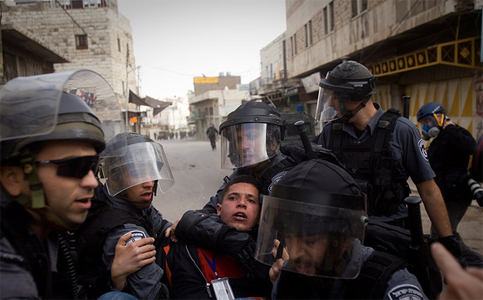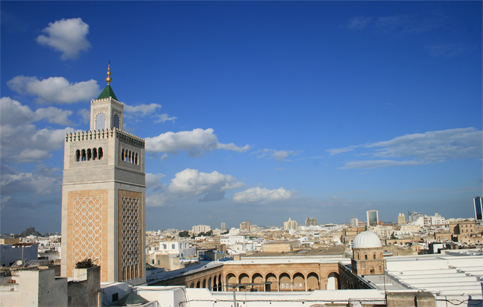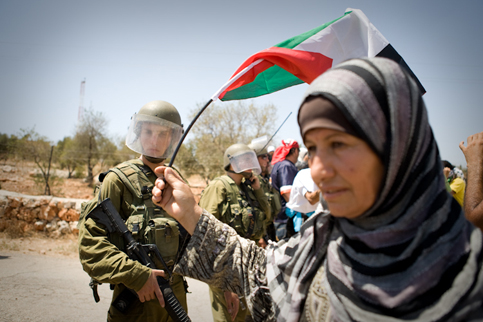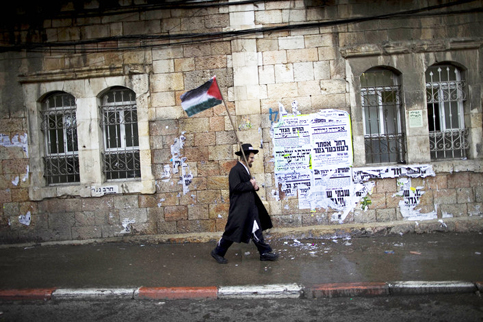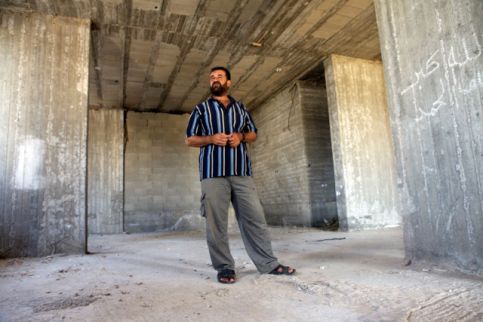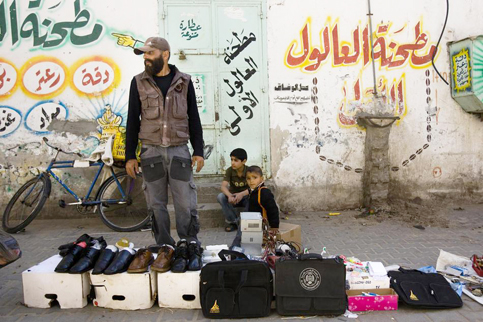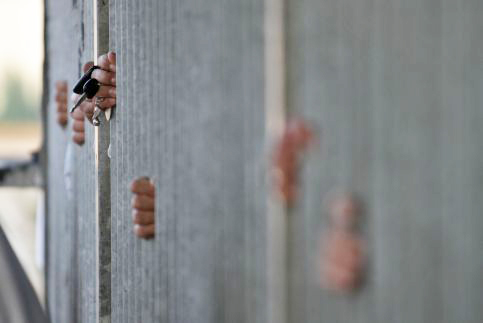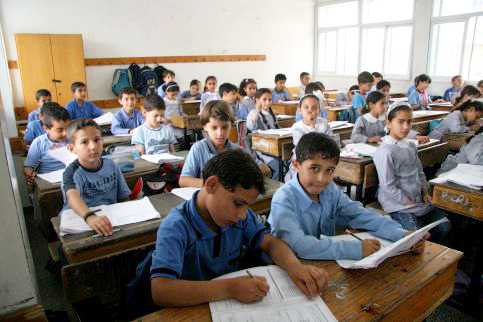Contre l’expansion de l’accord de libre-échange Canada-Israël
- Tadamon! déclaration collective, février 2012.
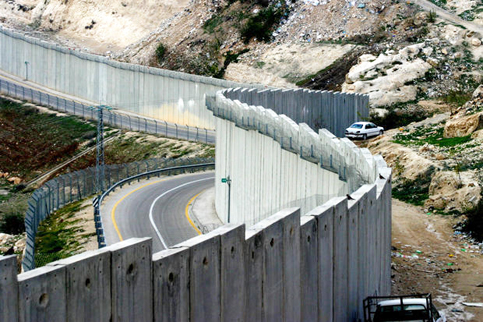
- Photo: Mur d’apartheid israélien en Palestine occupée.
L’automne dernier, le gouvernement conservateur a annoncé qu’il planifiait l’expansion de l’Accord de libre-échange Canada-Israël (ALÉCI), un ensemble de procédures qui servent à légitimer davantage l’occupation et l’apartheid israélien, et renforce la participation de certaines compagnies ainsi que du gouvernement canadien a la politique de racisme et de colonialisme prôné par Israël.
L’ALÉCI, qui a été mis en vigueur dés janvier 1997, inclut des régions géographiques où Israël maintient un contrôle militaire (Cisjordanie et Bande de Gaza) et ne respecte pas les frontières reconnues internationalement. De cette manière, cela légitime le contrôle territorial d’Israël sur toute la Palestine. De plus, une part des échanges inclus dans l’ALÉCI (particulièrement dans le secteur agricole) résulte des activités de colonies illégales et des productions provenant des zones industrielles dans des colonies en Cisjordanie. Cet échec à faire la différence avec les denrées palestiniennes produites dans des territoires occupés renforce la logique coloniale que ces produits font partie de l’activité économique israélienne, ceci encourageant de façon certaine l’expansion de ses colonies.
